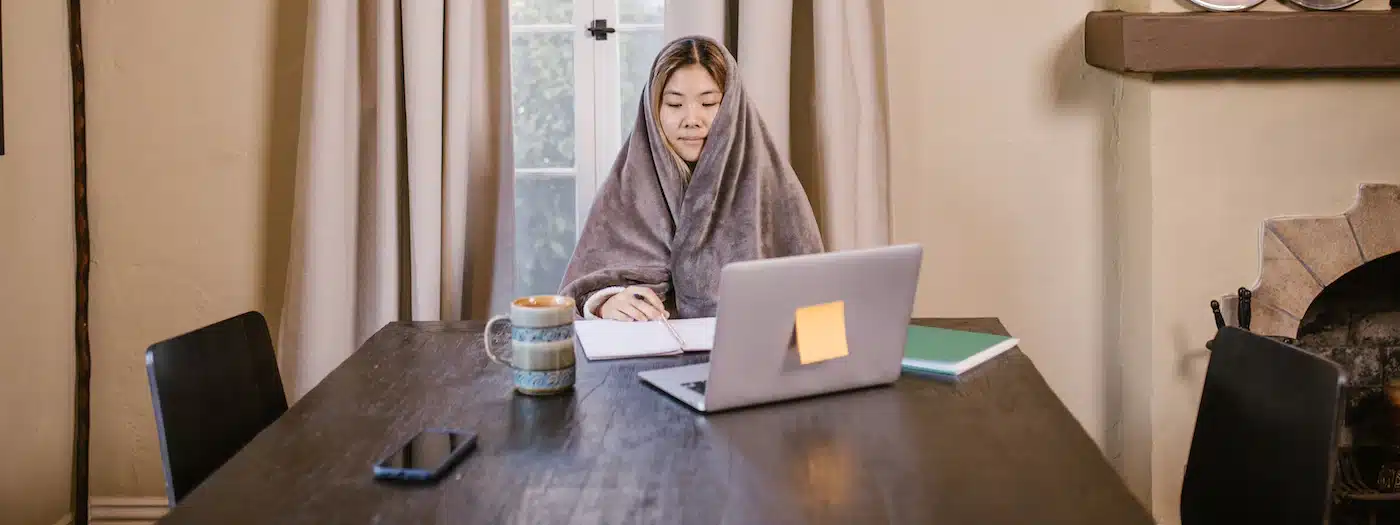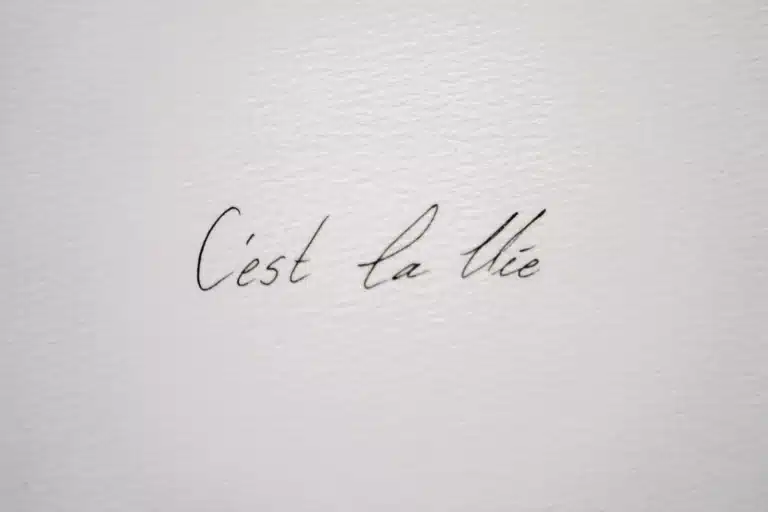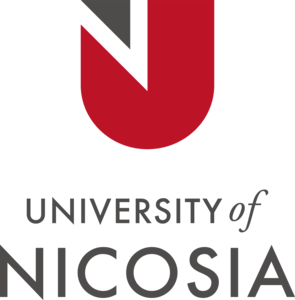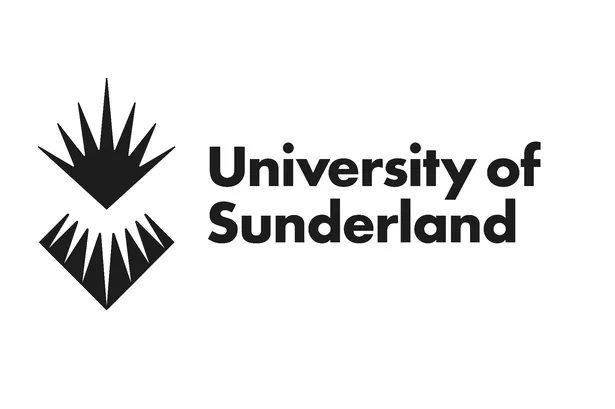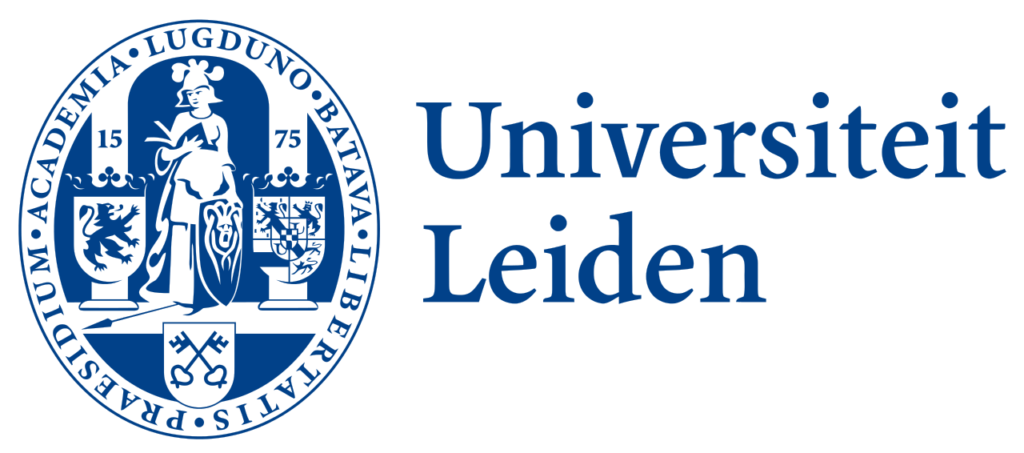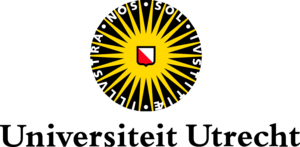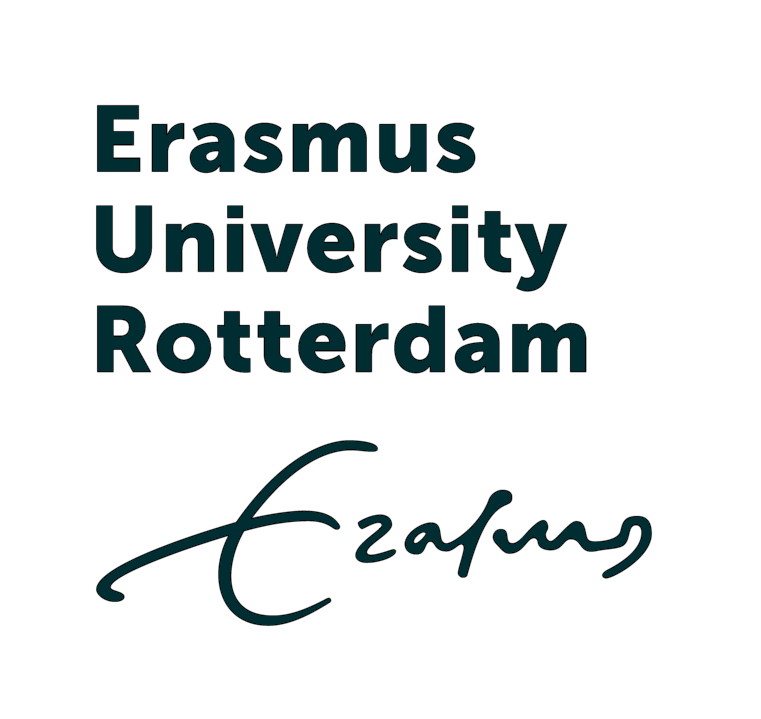The Homeschooler’s Guide to College in Europe
The face of homeschool has changed a lot over the years. Only 36% are doing so for religious/moral reasons and more and more families are homeschooling due to their dissatisfaction with the education system in this country. We get a lot of interest from these families, who realize that college in Europe is a way to continue to opt out of the problems with the higher education system.We get a lot of inquiries about how being homeschooled factors into the admission process in Europe. While homeschooling is on the rise in Europe, there are some countries in which is it illegal (Germany and Sweden) and others where the regulations make it difficult to pursue (Switzerland). This week, I would like to share my thoughts on how to deal with some of the obstacles you may face as a homeschooler.
FREE INSIDER’S GUIDE

Top 5 English-Taught Colleges in Europe
Kickstart you education abroad with a powerful degree taught entirely in English, all without taking on any student loans!
There are some countries (mentioned above) in which a homeschool diploma would not be recognized due to the laws they have around homeschooling. Other countries require an accredited diploma and some require applicants to have their transcripts/diplomas nostrified. This generally involves a trip to the Secretary of State’s office or, sometimes, the embassy. Often, when dealing with governmental bureaucratic layers, the answer you get to your questions may vary depending on the person you talk to. Thus, I highly recommend that homeschoolers work with agencies that allow you to homeschool and provide accredited diplomas and transcripts for your work.
One of our members moved to Europe in the last years. They are digital nomads and have chosen to homeschool using Oak Meadow distance learning. Their daughter lists Oak Meadow as her school and will graduate with accredited transcripts and a diploma.
Another one of our members told us about a few less costly options. She is looking into places like Clonlara. These schools validate the credits and, after the graduation requirements have been met, issue an accredited diploma.
A few countries (Norway, Italy, Netherlands, Denmark) have extra requirements for all American applicants. Applicants either need a certain number of college credits, 3-4 AP scores of 3+, or an IB diploma. First of all, if you choose not to go this route, there are still plenty of options! Though Norway, Italy and Denmark would not be feasible, the universities of applied sciences in the Netherlands do not have the AP requirements and there are still an abundance of choices throughout the rest of Europe as well.
Good news about AP tests-you do not have to take the AP course to take the AP test. Many homeschool students are receiving a rigorous education at home and would easily pass the AP tests. Further, since the number of AP scores required is specified, an advantage is not given when a student takes more than required. Italy requires American students without an IB to take AP Italian as one of the tests they submit. This is an option that is closed to many American students, since Italian is not an offering at many schools, not to mention AP Italian. If you are a homeschool student taking Italian though, you can take the AP test and then be eligible to apply (assuming you have taken the other AP tests as well).
Many homeschool students take courses at local colleges as part of their high school curriculum. If you accumulate a year’s worth of college credit, you do not need the AP scores. It is important to note that most colleges require that these credits are issued by a 4 year college, not a school that can only issue associate’s degrees.
Are there extra hoops you will have to jump through as a homeschool applicant? Yes. However I absolutely recommend it, as I think many homeschool students have the qualities needed to succeed as a student in Europe and could thrive in this environment.

